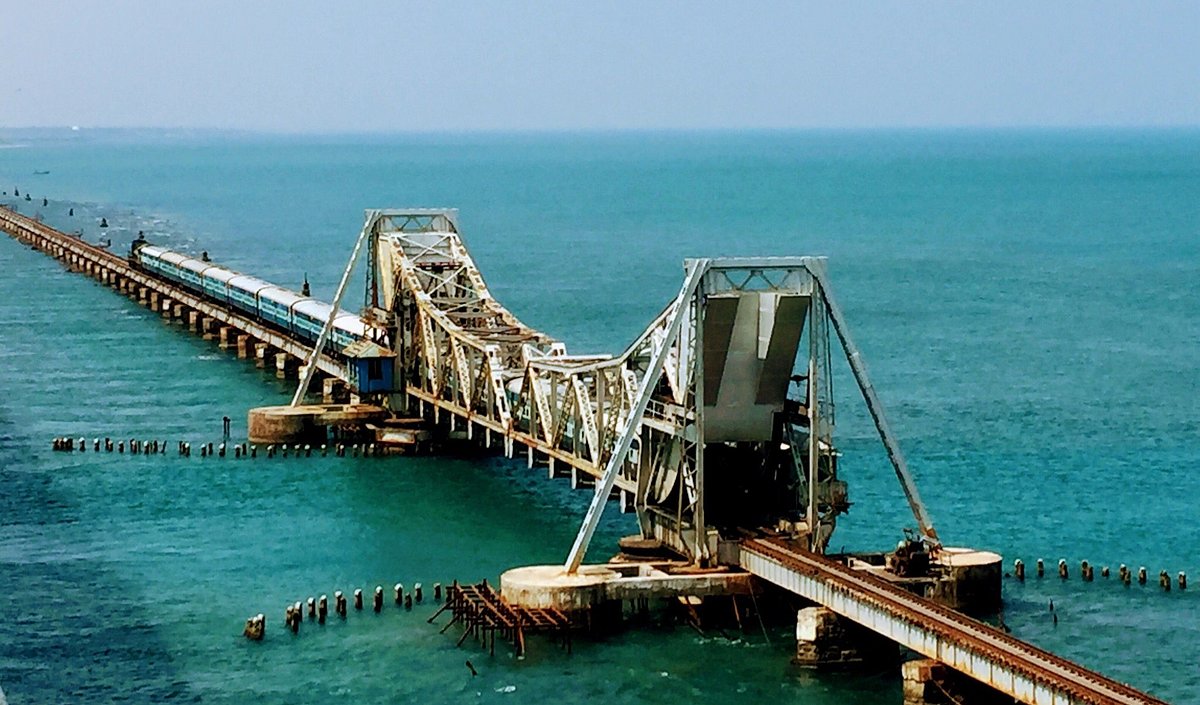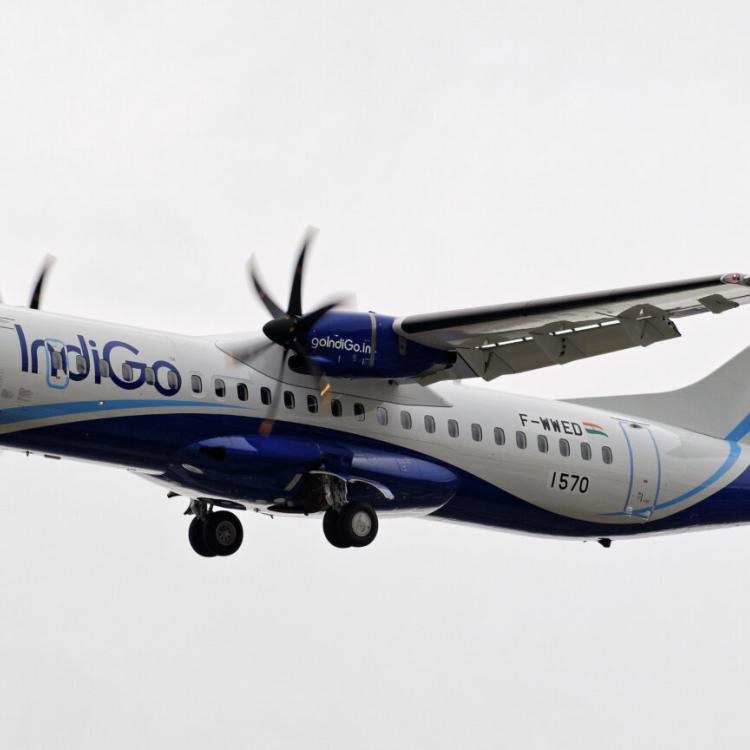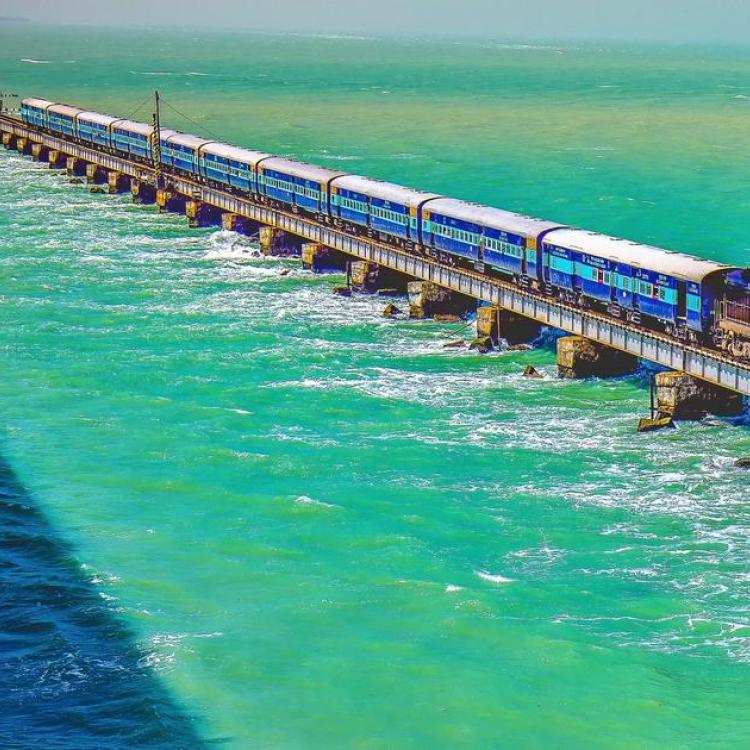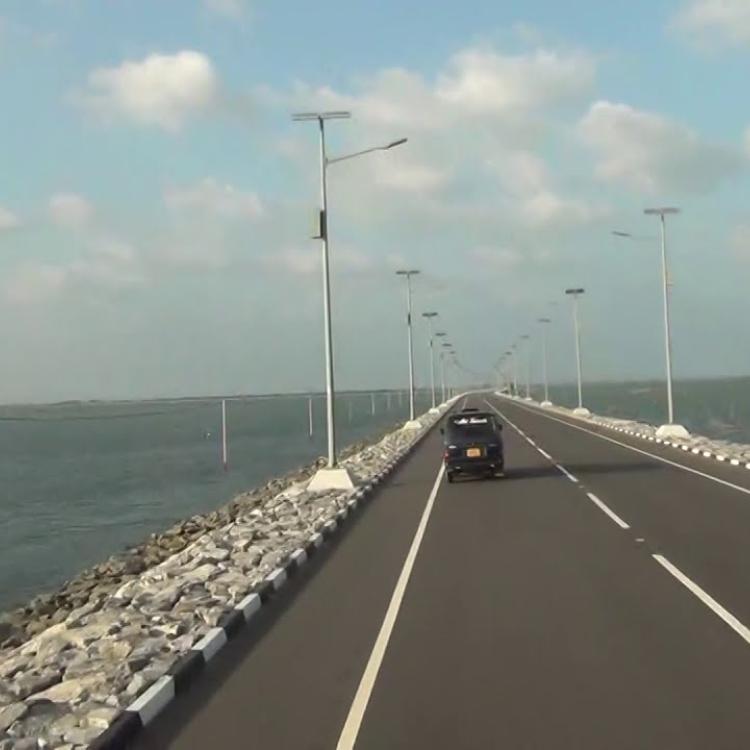
Indian Prime Minister Narendra Modi inaugurated the newly reconstructed Pamban Rail Bridge on 6 April 2025, reviving long-standing proposals to re-establish direct transport links between India and Sri Lanka via the Palk Strait.
The vertical-lift bridge replaces the 110-year-old structure that once supported rail and ferry links from Chennai to Colombo via Dhanushkodi and Thalaimannar. These links were disrupted following the 1964 cyclone, which devastated Dhanushkodi and halted all ferry services—none of which have resumed since.
With the new bridge spanning 2.07 kilometres and standing at 70.25 metres, the Indian government has touted it as capable of supporting future dual-track electrification. Indian state media has framed the project as part of New Delhi’s broader ambition to enhance regional connectivity and economic integration with neighbouring countries. The project comes at a time of strengthening transport links between India and the Tamil homeland on the island of Sri Lanka, as seen by the reinstatement of a ferry service and airline services between Tamil Nadu cities and Jaffna.
Proposals to rebuild the connection across the Palk Strait have surfaced intermittently over the past two decades, often drawing opposition from Tamil Nadu political leaders over security and sovereignty concerns. Notably, in 2002, a Sri Lankan proposal to construct a physical road-and-rail link was rejected by then Tamil Nadu Chief Minister J. Jayalalithaa.
The original Indo-Ceylon Boat Mail service, which linked Chennai to Colombo via train and ferry, was a colonial-era route that enabled cross-border movement under British rule. That route came to an end in 1964, when the cyclone destroyed sections of the Dhanushkodi railway and left the town uninhabitable. No serious effort was made to restore the link for decades.
While Indian officials highlight trade and tourism potential, the prospect of renewed connectivity has sparked concerns among Tamils on both sides of the strait. Critics warn that such infrastructure could facilitate further Indian involvement in Sri Lankan domestic affairs, particularly under a Sinhala-dominated state that continues to militarise the Tamil homeland and obstruct justice for wartime atrocities.
Sri Lanka remains the only neighbouring country without a rail connection to India. The Modi government’s renewed push for cross-strait infrastructure comes amid increased economic and strategic engagement with the island, including energy and defence agreements signed during his recent state visit.



